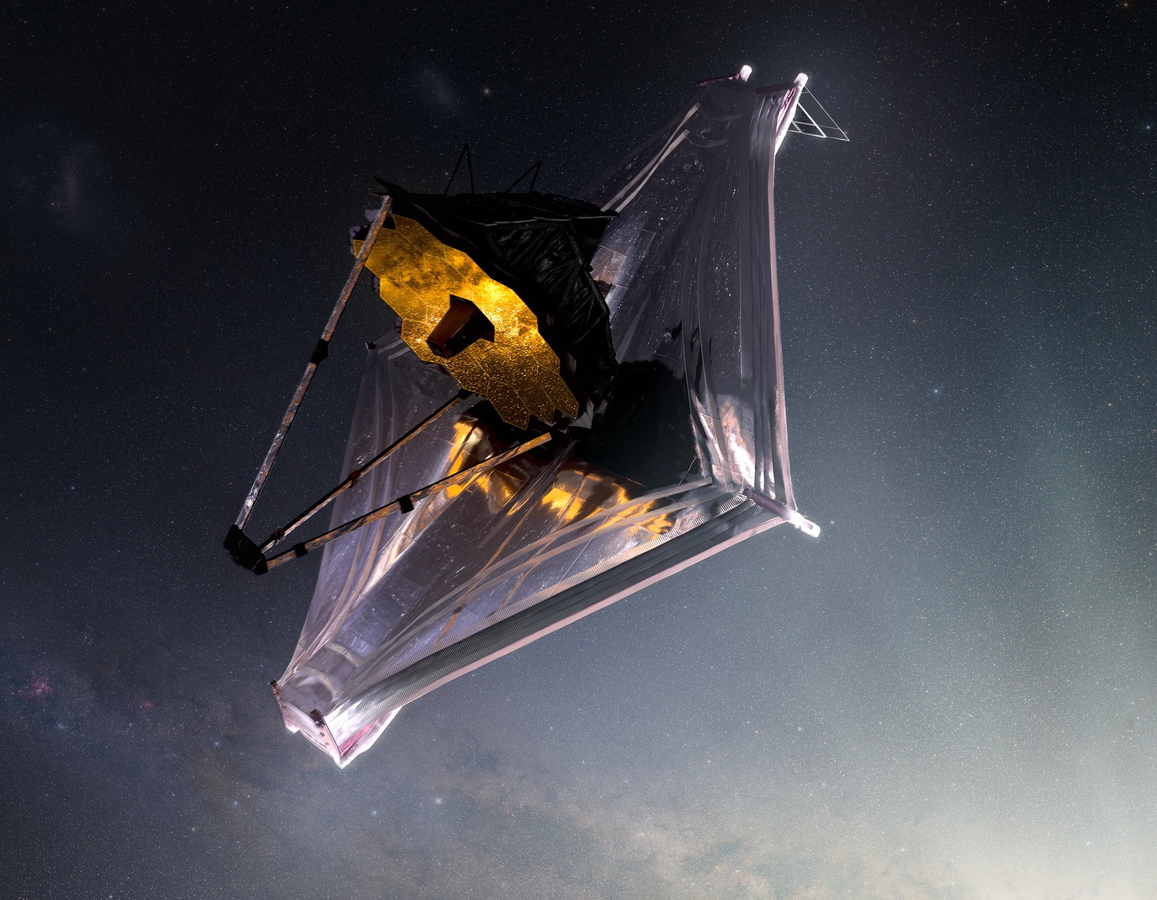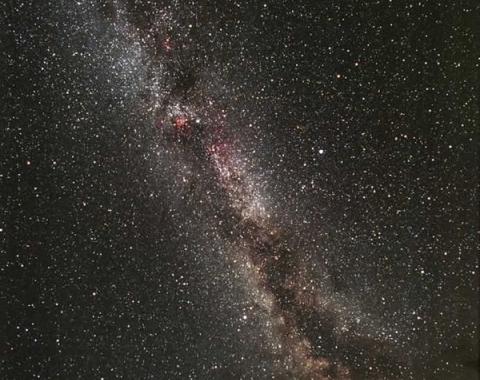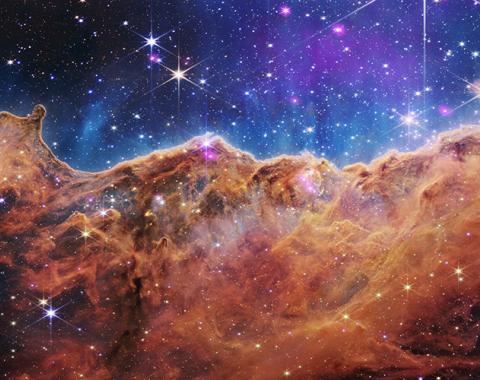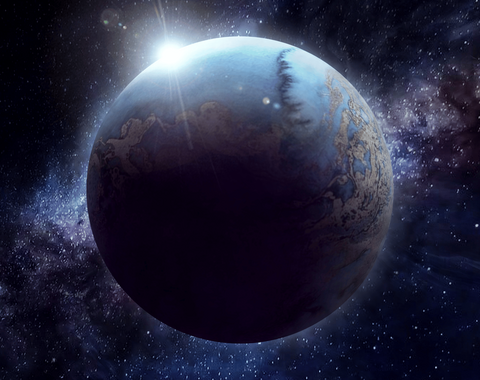JWST-MIRI observations of protoplanetary disks allow us to probe the gas composition and conditions in the terrestrial planet-forming zones of disks. In the first few years of observations with JWST, we have seen a rich diversity in protoplanetary disk spectra, caused by variations in the chemistry in these disks. Water-rich disks are seen frequently around Sun-like stars, with properties that can tell us about the journey that water takes through these planet-forming regions. Disks around low-mass stars and brown dwarfs, in stark contrast, are extremely carbon-rich, showing a complex chemistry, unlike anything that has been observed before. The sensitivity of JWST is opening new doors to studying the chemical diversity at the time of planet formation.
Get the latest
Subscribe to our newsletters.




